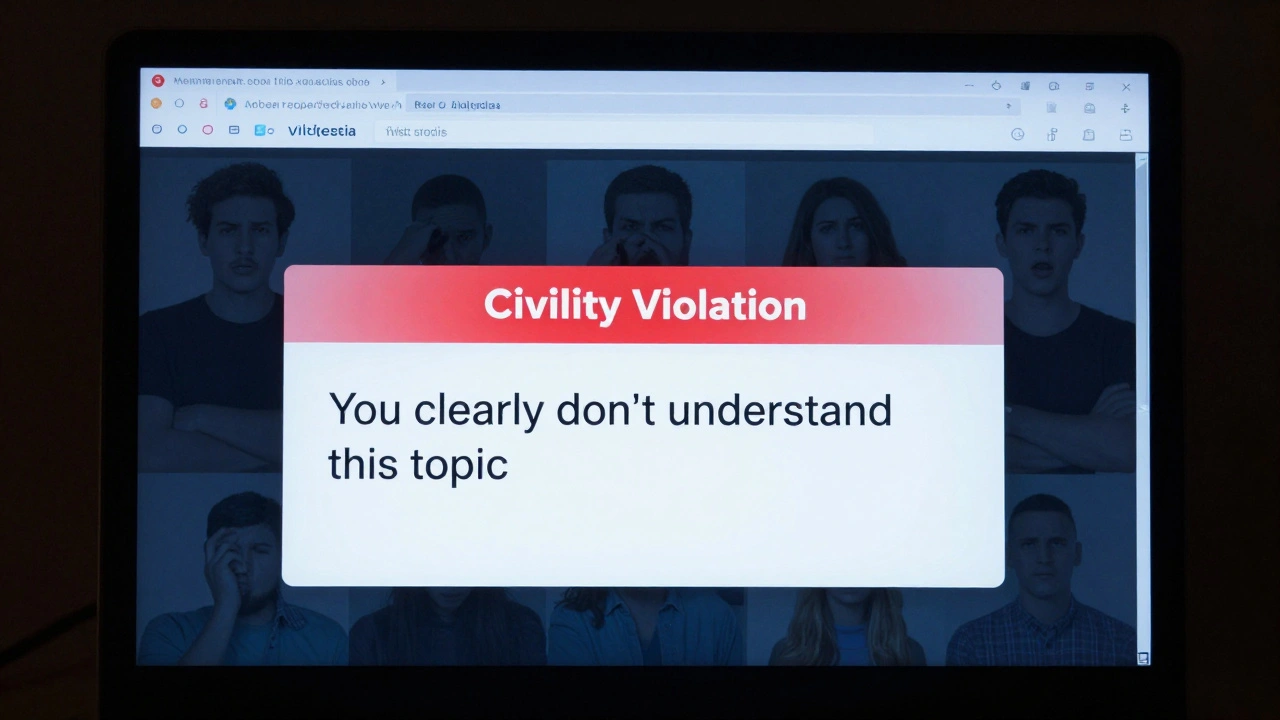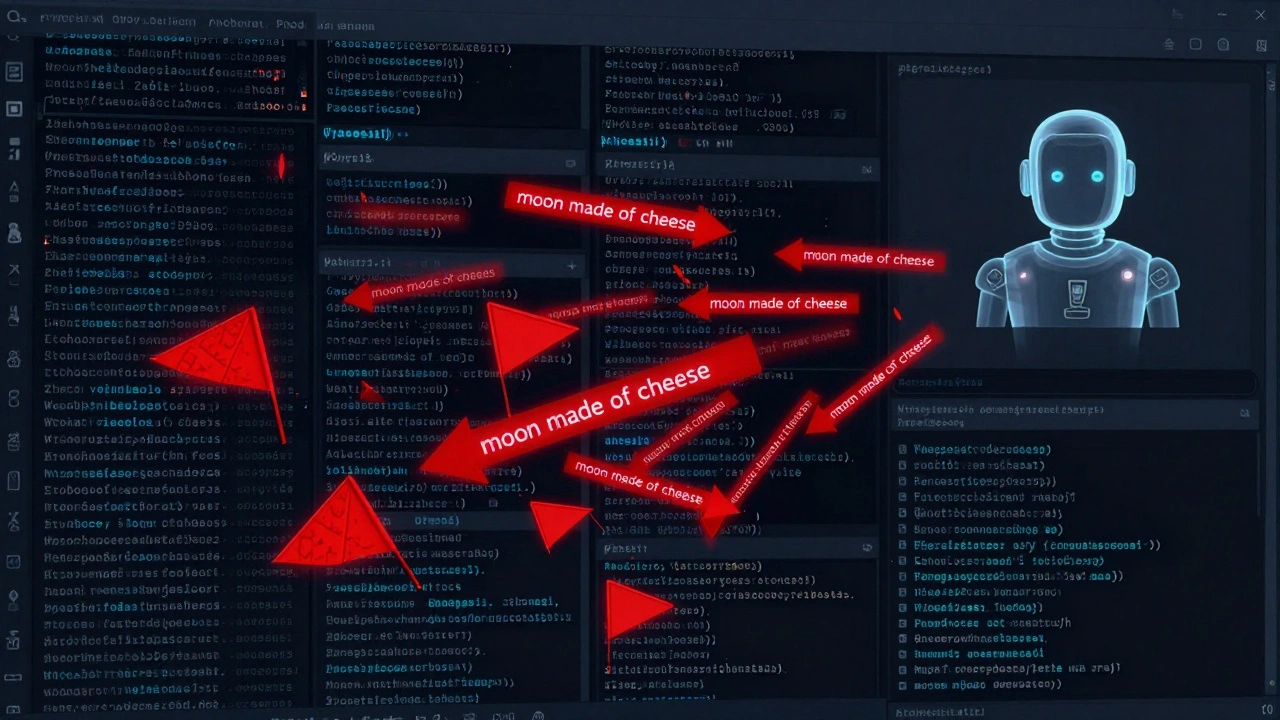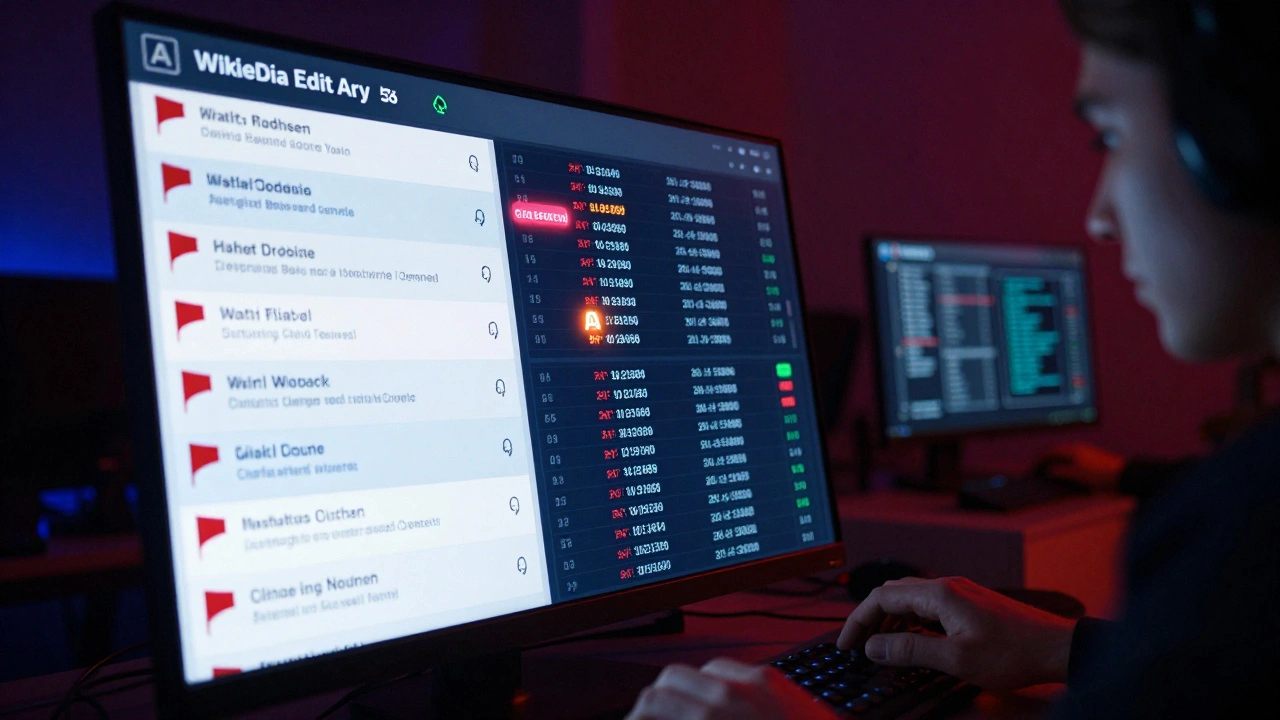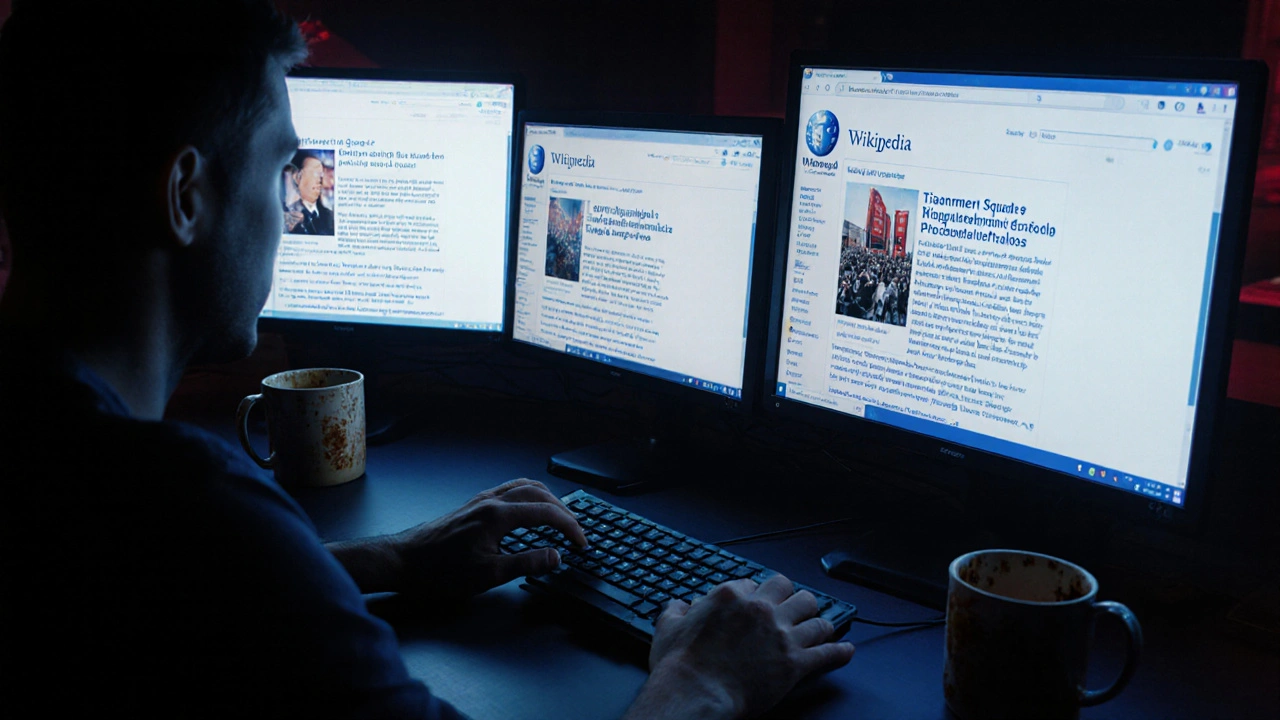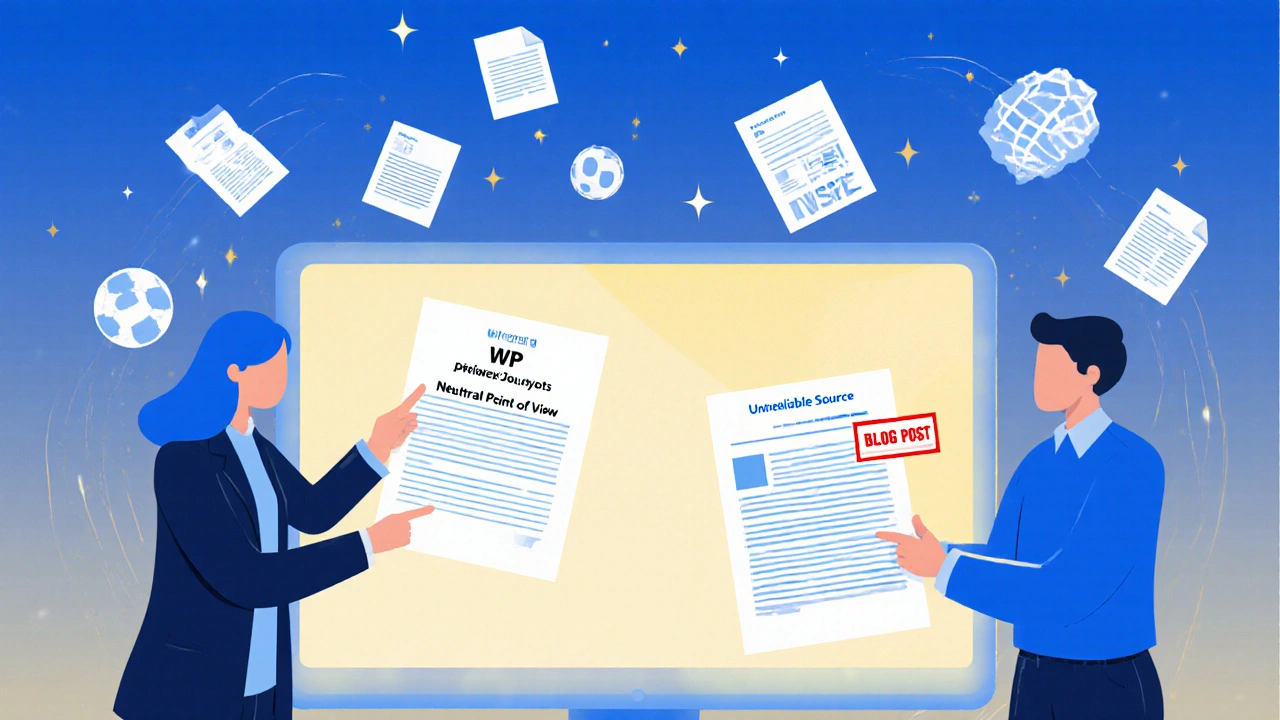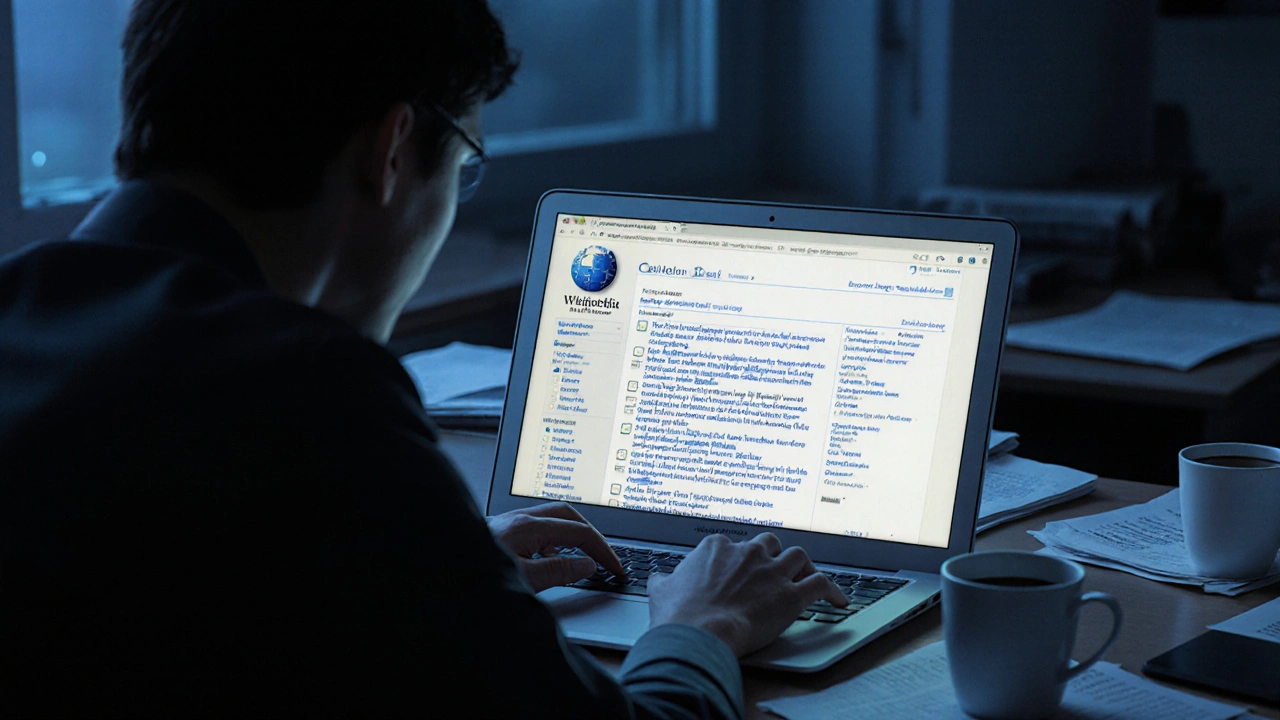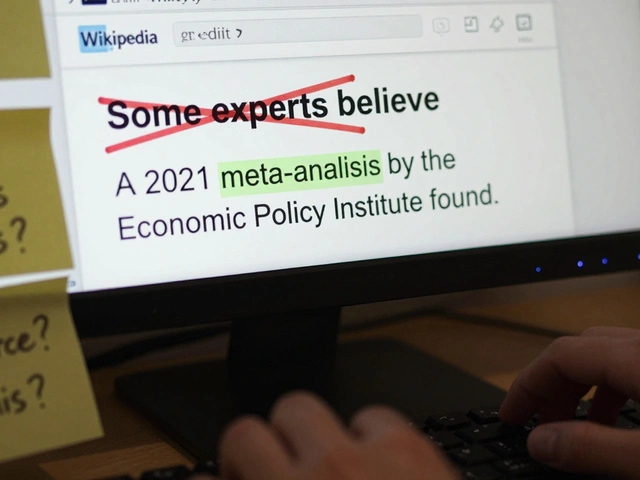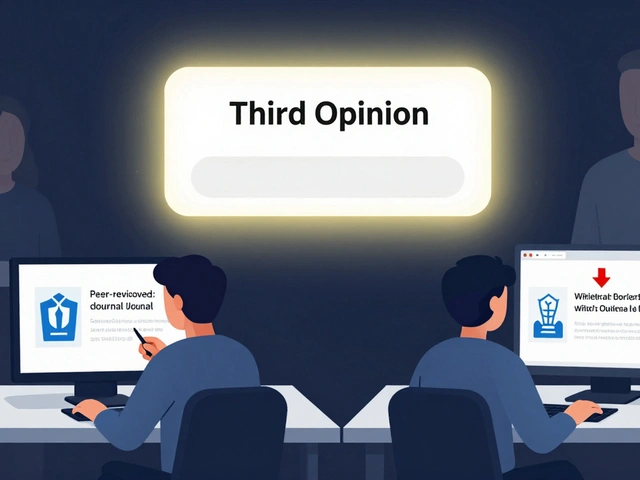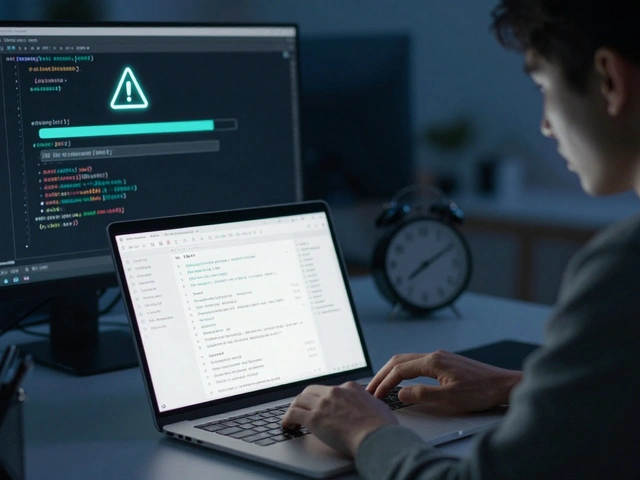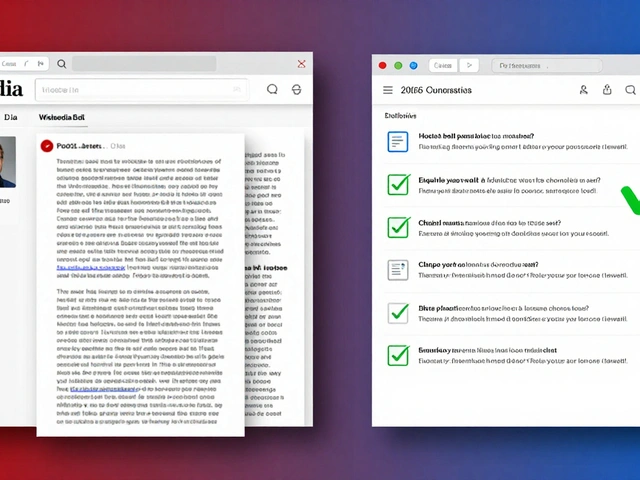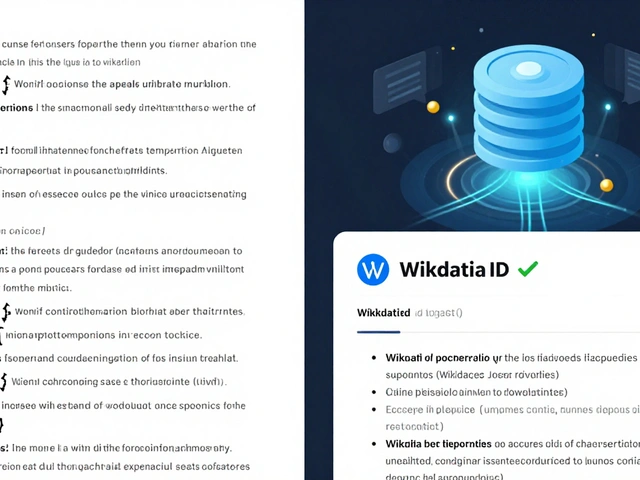Edit Wars on Wikipedia: What They Are, Why They Happen, and How They’re Stopped
When two or more editors keep reverting each other’s changes on the same Wikipedia article, that’s an edit war, a recurring conflict where editors repeatedly overwrite each other’s edits without reaching consensus. Also known as content disputes, these clashes aren’t just about typos—they’re fights over facts, bias, representation, and what counts as reliable information. They happen on everything from political figures to pop culture topics, and they don’t go away just because someone clicks ‘save’.
Behind every edit war is a deeper issue: conflicting views on neutrality, sourcing, or due weight. One editor might add a claim based on a niche blog; another reverts it because it violates Wikipedia’s reliable sources, the standard for verifying information on Wikipedia, requiring publication in established media, academic journals, or books. Someone else might push to include a minority perspective, triggering a due weight, the policy that requires articles to reflect the proportion of coverage in reliable sources, not the loudest voices debate. These aren’t random tantrums—they’re systemic tensions playing out in real time. And while Wikipedia has tools like watchlists, a feature that lets editors track changes to specific pages to catch vandalism or repeated disputes and vandalism moderation, the process of identifying and reversing malicious or disruptive edits to help, they don’t stop the root cause: people who believe they’re right and refuse to compromise.
What makes edit wars dangerous isn’t just the back-and-forth—it’s how they drain energy from the community. Volunteers who could be improving articles on climate science or Indigenous history end up spending hours arguing over a single sentence. The solution isn’t always blocking users. Sometimes it’s mediation, sometimes it’s locking the page temporarily, and sometimes it’s just waiting for a new editor with fresh eyes to step in. The best edit wars end when someone finds a source that settles the argument—and everyone agrees to move on.
What you’ll find in this collection aren’t just stories about fights—they’re case studies in how Wikipedia tries to keep its knowledge fair, accurate, and alive. From how the Signpost covers these clashes to how Wikidata helps reduce contradictions across languages, these posts show the real machinery behind the scenes. You’ll see how policies like due weight and reliable sources are applied in practice, how volunteers use watchlists to stay ahead of chaos, and why some edit wars never really end—they just change shape.
Civility Sanctions on Wikipedia: Where Lines Are Drawn
Wikipedia enforces civility to keep collaboration alive. Sanctions aren't about being polite-they're about preventing toxic behavior that drives away editors and undermines the encyclopedia's accuracy.
Science Journalism Techniques for Explaining Wikipedia's Technical Infrastructure
Wikipedia's infrastructure runs on complex servers, bots, and databases-yet most journalism skips the tech. Learn how to explain its real backbone without oversimplifying or misleading readers.
How Wikipedia Handles Vandalism Conflicts and Edit Wars
Wikipedia handles vandalism and edit wars through a mix of automated bots, volunteer moderators, and strict sourcing rules. Conflicts are resolved by community consensus, not votes, and persistent offenders face bans. Transparency and accountability keep the system working.
Recent Wikipedia Admin Actions Against Abusive Users
Wikipedia admins have intensified efforts against abusive users in 2025, using AI tools and stricter bans to combat vandalism, misinformation, and coordinated manipulation. Learn how the platform protects its integrity and what users can do to help.
Controversial Policy Debates Shaping Wikipedia Today
Wikipedia's policy debates over neutrality, notability, paid editing, and AI are reshaping how knowledge is curated-and who gets to decide. These conflicts reveal deep tensions between global inclusion and Western-dominated governance.
Consensus-Building Techniques for Difficult Wikipedia Discussions
Learn how to build consensus on Wikipedia during heated edit disputes using policy, sourcing, and calm communication-without escalating into edit wars.
Wikipedia Talk Pages as Windows Into Controversy for Journalists
Wikipedia Talk pages reveal the hidden battles over facts, bias, and influence behind controversial topics. Journalists who learn to read them uncover leads, detect misinformation, and understand how narratives are shaped - often before they hit the headlines.
